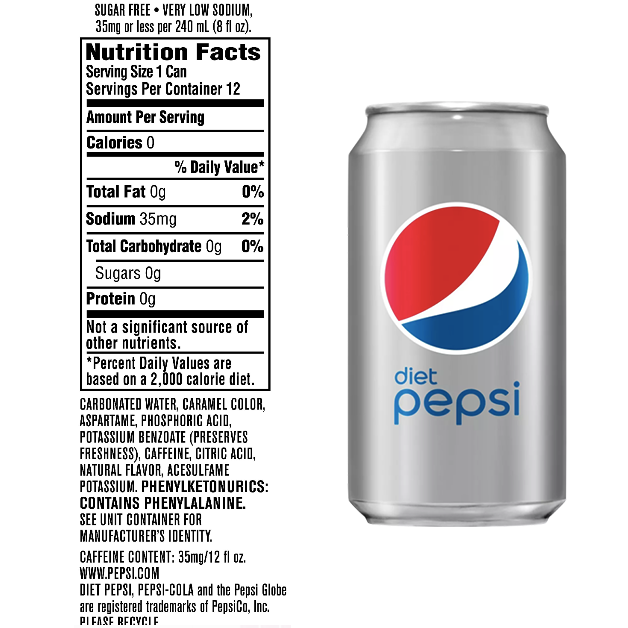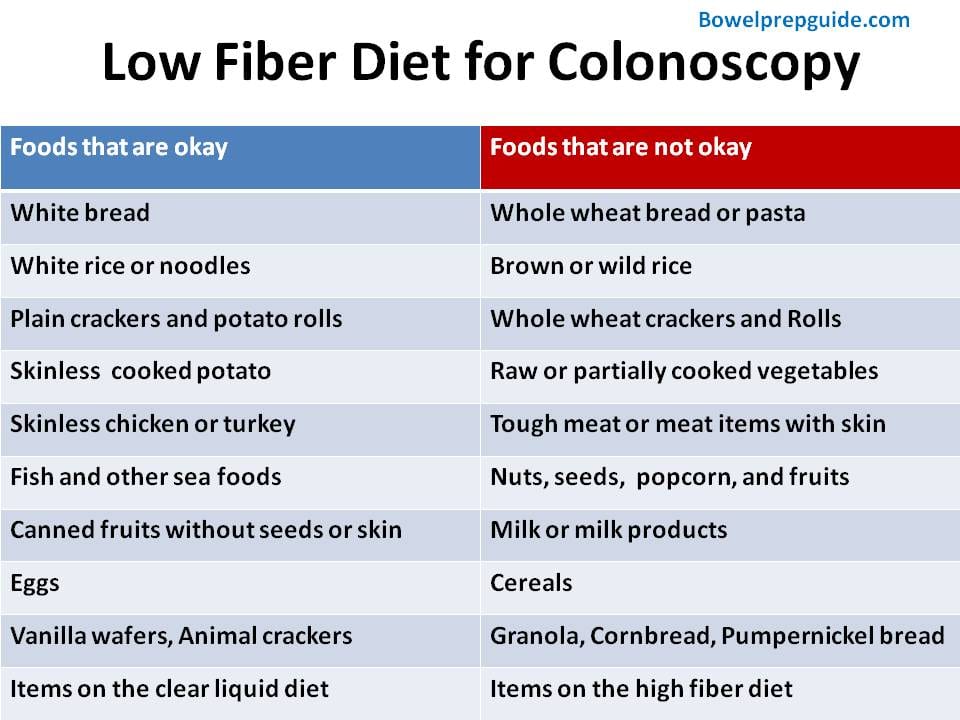Apply Now
Effective Ways to Enjoy Corned Beef in a Healthy Diet
Understanding Corned Beef and Its Nutritional Value
Corned beef is a popular meat choice known for its distinctive flavor and versatility in numerous dishes. When considering if corned beef is healthy, it's essential to look at its nutritional profile, which includes a notable amount of protein, vitamins, and minerals. Specifically, corned beef is rich in iron, which is vital for blood production, and contains significant levels of vitamin B12, crucial for brain health and the nervous system. Additionally, corned beef's protein content makes it an excellent choice for those pursuing muscle gain or maintaining a balanced diet.
However, the health benefits of corned beef come with caution. It can be high in sodium, which may concern those with hypertension or limited sodium intake. For example, a standard serving may contain around 800 mg of sodium, exceeding the recommended daily limit for some individuals. Understanding corned beef calories and fat content is critical, with an average of 300-400 calories per serving, including about 20 grams of fat, depending on the cut. To derive maximum benefits from this protein source, it's essential to consume it in moderation and pair it with nutrient-rich sides like vegetables.
Health Benefits of Corned Beef
Incorporating corned beef into your diet can offer several health benefits when consumed mindfully. First and foremost, its high protein content makes it an excellent source for those engaging in physical activities or bodybuilding. Proper protein intake is crucial for muscle repair and growth, enhancing physical performance. Furthermore, corned beef is rich in essential nutrients, such as zinc and selenium, which support immune health and antioxidant functions.
Moreover, corned beef can act as a comforting meal, providing emotional and psychological benefits, especially when enjoyed in traditional dishes like sandwiches or in soups. There are also potential cardiovascular benefits to consider. When opting for leaner cuts of corned beef, the impact on heart health can be minimized, allowing for inclusion in a heart-healthy diet when prepared with considerations such as controlling sodium levels and adding more fiber through side dishes.
How to Choose Healthy Corned Beef Options
Selecting the right corned beef can significantly influence its healthfulness. When shopping, it's advisable to look for organic corned beef options, as they typically contain fewer preservatives and additives. Additionally, reading labels is crucial; choosing varieties with lower sodium levels can drastically reduce intake while still enjoying this flavorful meat.
Consider lean corned beef options that contain less fat, which can help manage cholesterol levels while maintaining a rich protein source. It's also beneficial to compare corned beef with other meats, such as turkey or chicken, to assess which fits better into your dietary needs. When preparing corned beef, opt for cooking methods that enhance health, such as slow cooking or boiling, while avoiding frying, which can add unnecessary calories and fats.
Ideas for Enjoying Corned Beef in Healthy Meals
Enjoying corned beef in a healthy diet can be both flavorful and satisfying. Here are a few ideas to incorporate this versatile meat into your meals healthily. For a simple yet delicious option, try making a corned beef salad. Toss together a mix of greens, cherry tomatoes, and avocado, topped with slices of lean corned beef. This provides a balanced meal rich in vitamins and healthy fats.
Additionally, corned beef sandwiches can be made healthier by choosing whole grain bread and stacking up on vegetables like lettuce, cucumber, and beansprouts. This not only enhances nutrient density but also adds fiber to the meal. For a warm, hearty option, consider preparing corned beef soup. Use a broth base, incorporating various vegetables and spices, to create a comforting dish that promotes fullness while remaining nutritious.
Maintaining Portion Control with Corned Beef
One impactful way to incorporate corned beef healthily into your diet is to practice portion control. Understanding serving sizes can help prevent overconsumption of sodium and fat. Generally, a serving size of corned beef should range from 3 to 4 ounces, especially if paired with sides that offer fiber and essential nutrients.
Additionally, corned beef can be enjoyed in the context of various diet plans. For instance, integrating it into a Mediterranean diet can provide balance, especially when served with whole grains or legumes. Recognizing the importance of maintaining a balanced diet fosters an overall healthier lifestyle.
Cooking Methods to Enhance Corned Beef's Health Benefits
Healthier Cooking Techniques for Corned Beef
When it comes to preparing corned beef healthily, the cooking method plays a pivotal role. Traditional boiling or slow cooking can retain moisture while reducing excess fat content. These methods allow for a tender and flavorful meal without added oils or unnecessary calories. Steaming vegetables along with the corned beef can create a nutritious one-pot meal, maximizing vitamin retention.
Moreover, experimenting with spices and herbs can enhance flavor without relying heavily on salt. For instance, creating a rub with garlic, pepper, and thyme can provide delicious seasoning to your corned beef without altering its essential health attributes.
Corned Beef Cooking Techniques to Avoid
Avoid cooking techniques that can compromise the healthfulness of corned beef. For instance, frying corned beef can lead to increased fat content, negating the benefits of this protein source. Additionally, overcooking can lead to nutrient loss, especially in terms of vitamins that can be diminished through prolonged heat exposure.
It's also essential to be cautious with processed forms of corned beef, which may contain more preservatives and additives contributing to higher sodium levels. Instead, focus on cooking whole cuts of meat, which can be easier to control regarding nutrition.
Corned Beef Meal Prep Ideas
Meal prepping with corned beef can streamline healthy eating throughout the week. Preparing a batch of corned beef at the start of the week can provide various meal options. Consider making corned beef stir-fries, salads, or adding it to whole grain wraps.
Additionally, making corned beef hash with sweet potatoes and bell peppers can offer a unique and nutritious breakfast alternative. Using lean cuts can enhance the meal without compromising on taste, ensuring that your dishes remain health-focused yet satisfying.

Storing and Reheating Corned Beef Safely
Proper storage and reheating are critical to maintaining the safety and quality of corned beef. After purchasing or cooking, ensure that corned beef is stored in an airtight container in the refrigerator and consumed within three to four days to prevent spoilage. For longer storage, consider freezing it; frozen corned beef can last for up to three months when vacuum-sealed.
When reheating, ensure that it reaches an internal temperature of 165°F to eliminate any potential foodborne bacteria. Using methods such as microwaving or steaming can help retain moisture and flavor, making for a satisfying meal upon reheating.
The Cultural and Historical Significance of Corned Beef
Exploring Corned Beef's Cultural Roots
Corned beef holds a significant place in various cuisines around the world, particularly within Irish and Jewish communities. Traditionally associated with celebrations and festive occasions, corned beef has evolved into a comfort food for many. Exploring its historical perspective highlights how different cultures have integrated corned beef into their diets, shaping modern culinary practices.
The recipe variations based on regional preferences offer insight into corned beef's adaptability, from hearty stews to spicy sandwiches. Understanding these cultural significance and regional variants can enhance appreciation for this flavorful meat.
Health Consciousness and Corned Beef Today
In contemporary society, there is an increasing focus on healthy eating patterns, leading to a more profound evaluation of how foods like corned beef fit into the wellness landscape. The rising popularity of low-sodium and organic options indicates a shift towards a more health-conscious approach to meat consumption.
Additionally, dietary guidelines emphasize balancing red meat intake with other protein sources. Corned beef can complement a diversified diet when approached mindfully, recognizing its health benefits while being aware of potential risks, such as high sodium and fat content.
Myths and Facts About Corned Beef
Despite its popularity, several myths surrounding corned beef persist. One common misconception is the belief that all corned beef is unhealthy due to its sodium content. While sodium levels can be high in traditional corned beef, leaner options and mindful consumption can make it a part of a healthy diet.
Another myth concerns corned beef's cholesterol levels. While it does contain cholesterol, its protein-rich nature can be aligned with achieving dietary goals related to muscle gain or maintenance. By differentiating fact from fiction, consumers can make informed choices regarding corned beef in their diets.

Q&A: Common Questions About Corned Beef and Health
Is corned beef healthy for my diet?
Corned beef can be part of a healthy diet when consumed in moderation. Opting for leaner cuts and balancing with sodium-lowering methods can enhance its healthful role.
What are the nutritional facts of corned beef?
A typical serving contains around 300-400 calories, a significant amount of protein, iron, vitamins B12, and other essential nutrients, but it's crucial to monitor its sodium levels.
How can I store and reheat corned beef safely?
Store in an airtight container in the refrigerator, consuming within a few days or freeze for extended storage. Reheat until it reaches an internal temperature of 165°F to ensure safety.
Are there healthier recipes for corned beef?
Yes, consider making salads, stir-fries, or opting for leaner cooking methods, such as steaming or slow cooking, to enhance health benefits.
Can corned beef be part of a weight management plan?
Corned beef can fit into weight management if eaten in reasonable portions and paired with nutrient-dense foods, contributing to a balanced diet.


